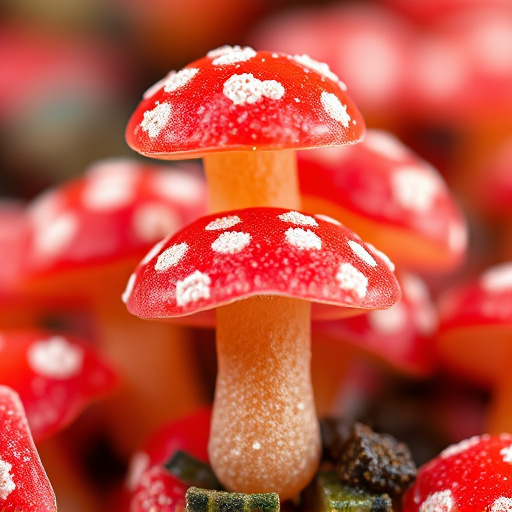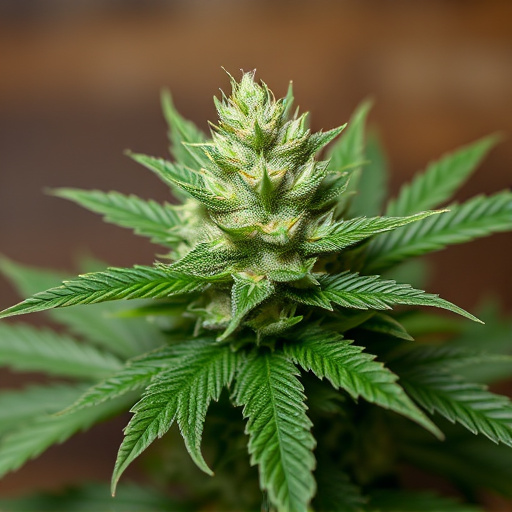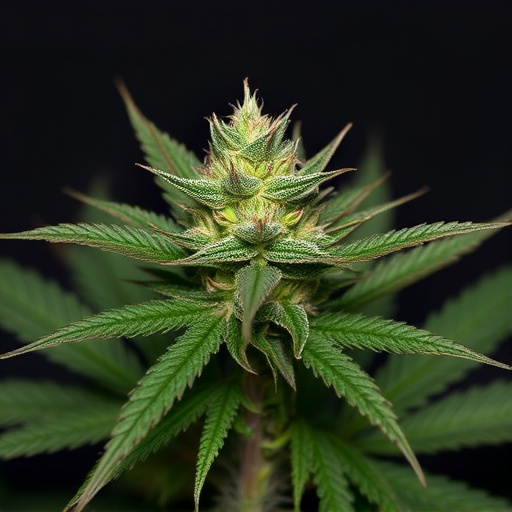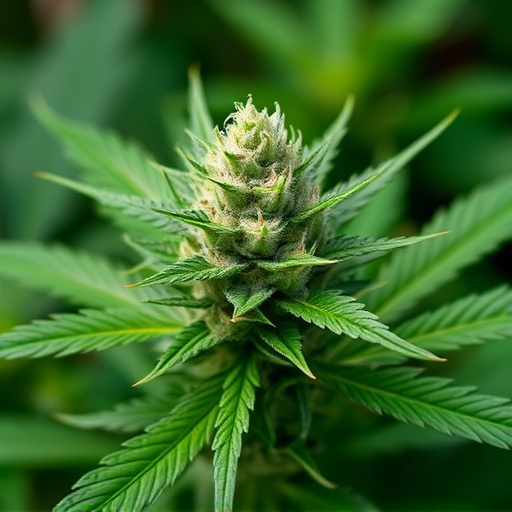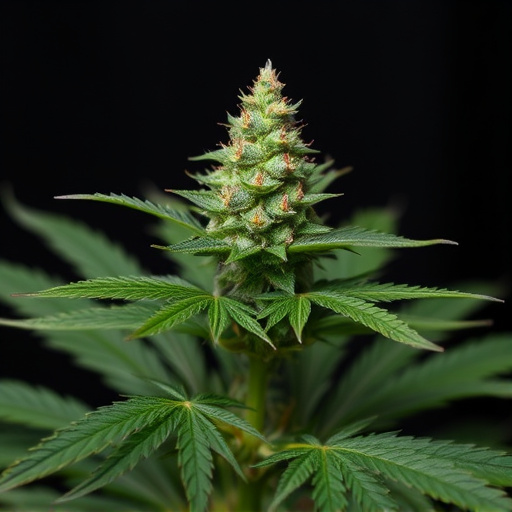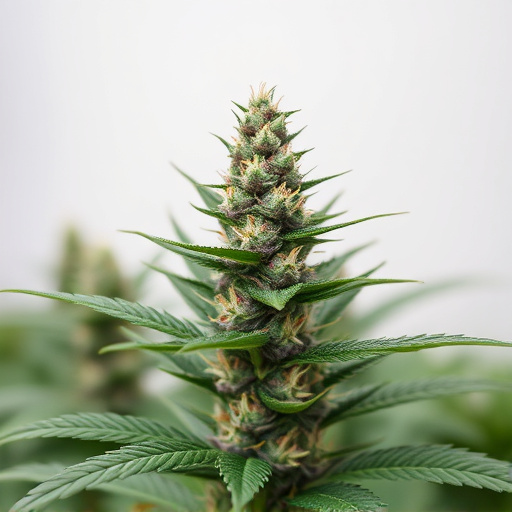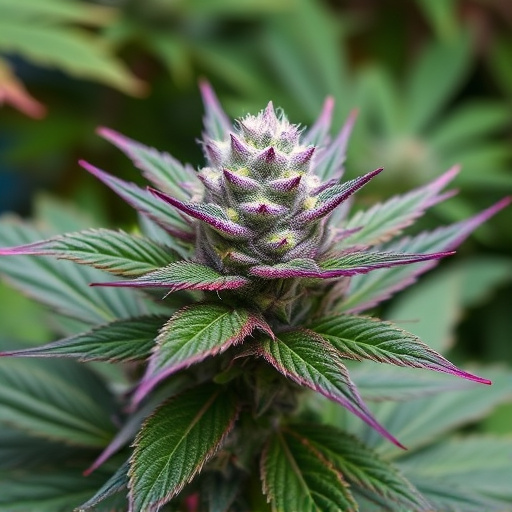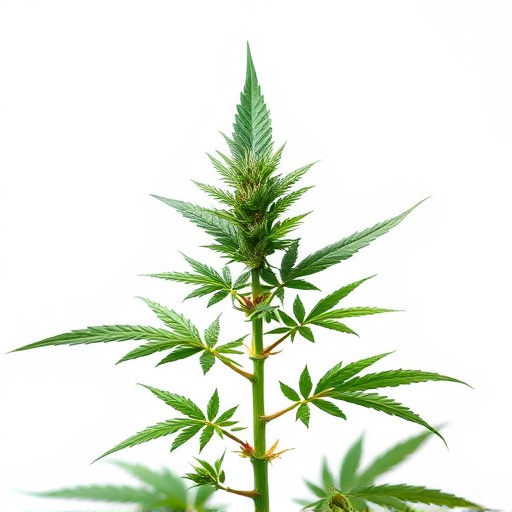Cannabis, or "weed," has immediate and long-term effects on users' bodies and minds. Short-term impacts include heightened senses and relaxation, but also distorted perceptions, increased heart rate, and sleep disruptions. Certain strains with high CBD or specific terpene profiles may help treat ADHD symptoms like anxiety and focus issues. However, smoking cannabis can impair motor skills and cognitive functions, especially in young adults with developing brains. Regular use may exacerbate ADHD symptoms by impeding concentration and impulse control, highlighting the need for caution when exploring cannabis strains for treatment. Professionals urge responsible use and consideration of alternative therapies to balance symptom management with potential side effects.
“Unveiling the complexities of smoking weed, this article delves into its multifaceted side effects. While it’s recognized for potential therapeutic uses, particularly in managing ADHD symptoms through specific cannabis strains, prolonged consumption isn’t without risks. From immediate impairments in motor skills, memory, and concentration to long-term respiratory issues and mental health complications, understanding these effects is crucial. We explore the delicate balance of THC and CBD ratios and highlight strains known for their positive impact on ADHD, emphasizing the vital role of medical supervision in safe and effective treatment.”
- Short-Term Effects of Weed Consumption
- – Diminished motor skills and coordination
- – Impaired memory and concentration
Short-Term Effects of Weed Consumption
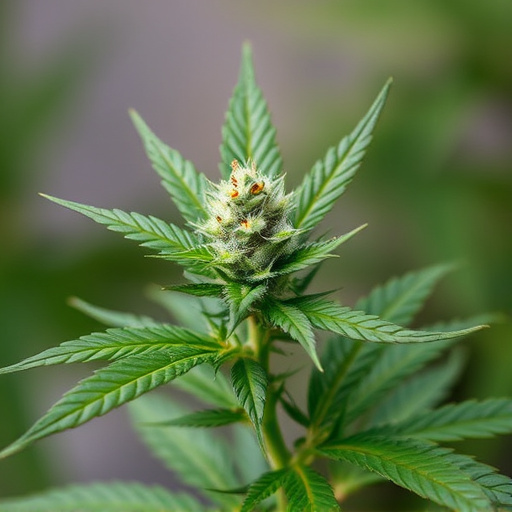
Cannabis, often referred to as “weed,” has both short-term and long-term effects on the body and mind. In the short term, consumers may experience heightened senses, relaxation, and a change in perception. However, it’s important to note that these effects can vary significantly depending on the individual, their tolerance, and the specific cannabis strains they consume. For those using cannabis to manage ADHD symptoms, certain strains known for their high CBD content or specific terpene profiles have shown promise in mitigating some side effects associated with the condition, like anxiety and focus issues.
Short-term side effects can include distorted perception, increased heart rate, and heightened senses, which might be enjoyable for some but can lead to discomfort or even panic attacks in others. Coordination and balance may also be affected, impacting activities that require precise movements. While cannabis is sometimes used to promote sleepiness, it can actually disrupt sleep patterns, leading to fatigue or insomnia, especially if consumed close to bedtime. It’s crucial to understand these immediate effects to use cannabis responsibly, especially when exploring its potential benefits for conditions like ADHD.
– Diminished motor skills and coordination
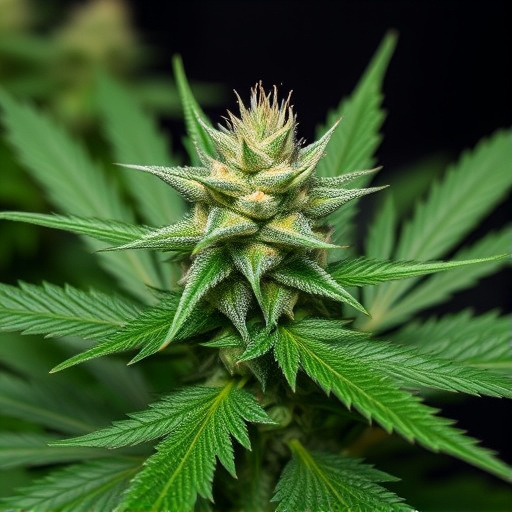
Smoking weed, or using cannabis, can have a range of side effects that impact various aspects of your physical and mental well-being. One notable consequence is the diminished motor skills and coordination among users. Studies have shown that THC, the primary psychoactive compound in cannabis, can impair fine and gross motor functions. This is particularly relevant for individuals considering cannabis strains for ADHD management, as they may inadvertently experience challenges with tasks requiring precision and balance.
The impact on coordination can manifest as clumsiness, difficulty with hand-eye coordination, and slowed reaction times. Regular cannabis use can lead to long-term changes in brain function, affecting not just motor skills but also cognitive abilities. For those exploring cannabis as a treatment option for ADHD symptoms, understanding these potential side effects is crucial. It underscores the importance of seeking professional guidance and carefully considering alternative therapies or combinations that might offer similar benefits without compromising overall functionality.
– Impaired memory and concentration
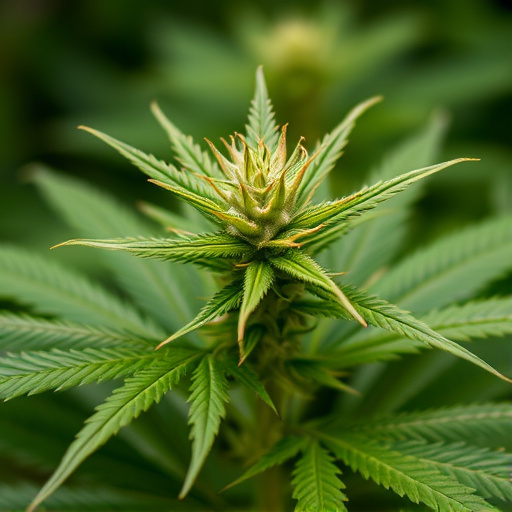
Smoking weed, or using cannabis, can have significant impacts on cognitive functions, particularly in individuals with pre-existing conditions like ADHD. Research suggests that regular cannabis use may impair memory and concentration, making it a concern for those seeking relief through cannabis strains for ADHD. The active compounds in marijuana, such as THC, can affect the brain’s ability to process information, leading to short-term memory issues and difficulties focusing on tasks.
These cognitive effects are particularly pronounced in young adults whose brains are still developing. For individuals with ADHD, where focus and impulse control are already challenges, the added impairment from cannabis use could exacerbate existing symptoms. It’s important for both users and healthcare providers to be aware of these potential side effects, especially when considering alternative treatments or exploring the use of specific cannabis strains aimed at managing ADHD symptoms.
While cannabis strains are often explored as a potential treatment for ADHD symptoms, it’s crucial to remember that short-term effects of smoking weed can include impaired motor skills, memory, and concentration—all of which may hinder daily functioning. Before considering cannabis for any condition, individuals should consult healthcare professionals who can provide personalized guidance based on current research. Balancing potential benefits with known side effects is essential for making informed decisions regarding cannabis use.
